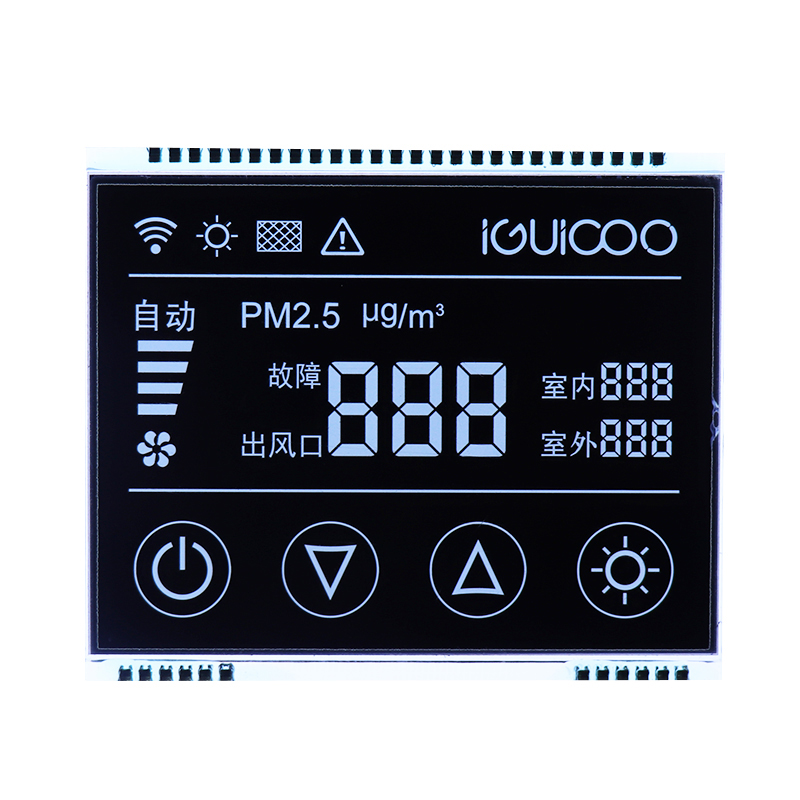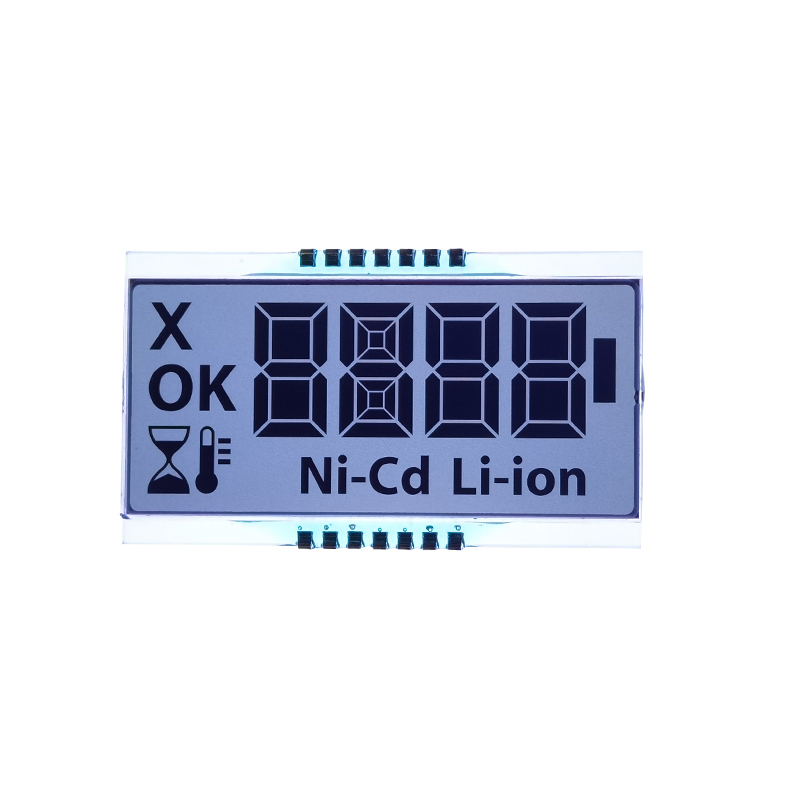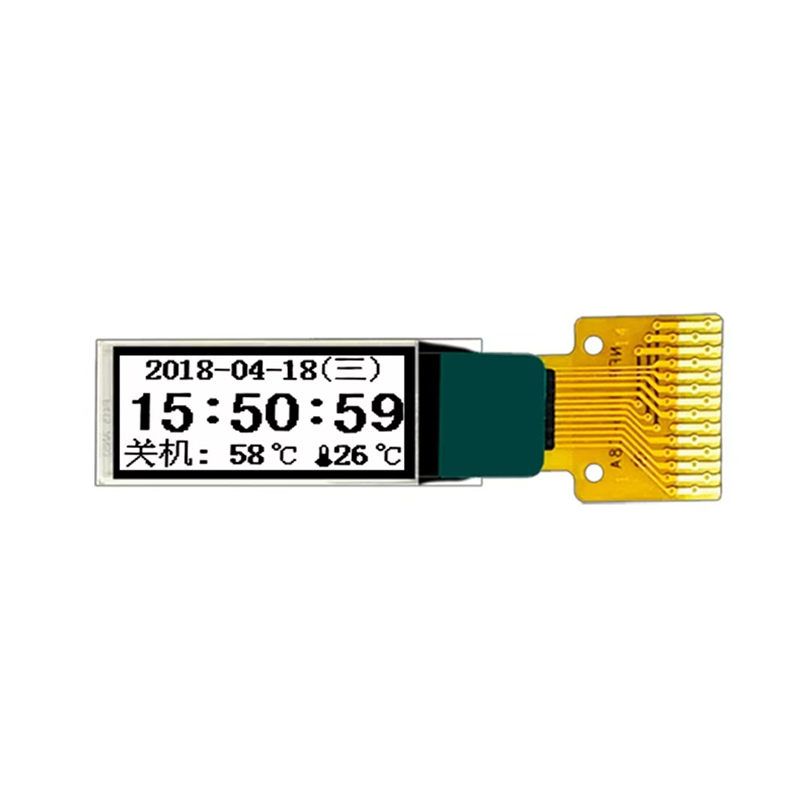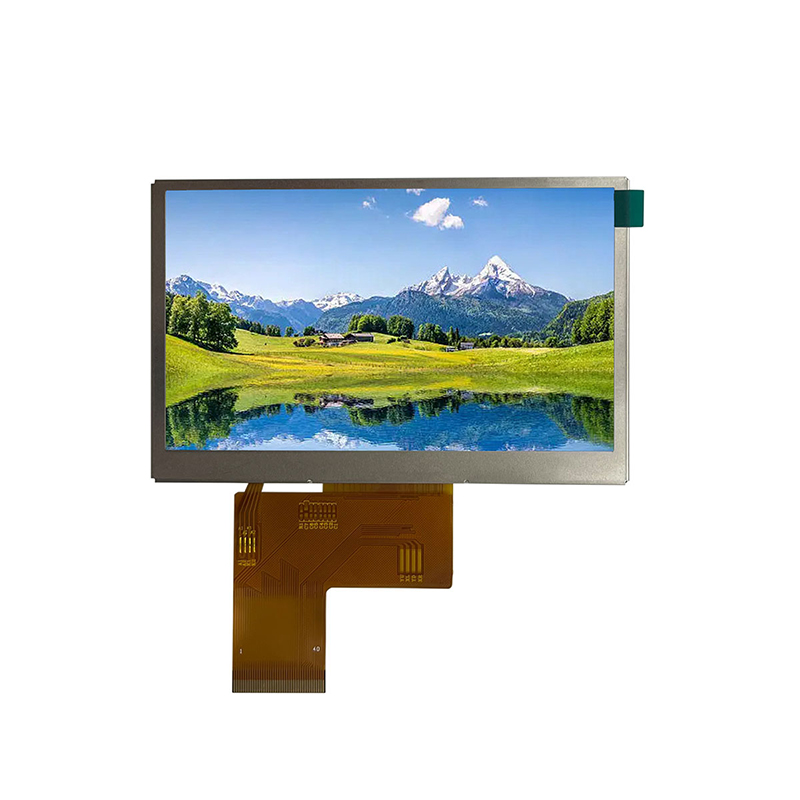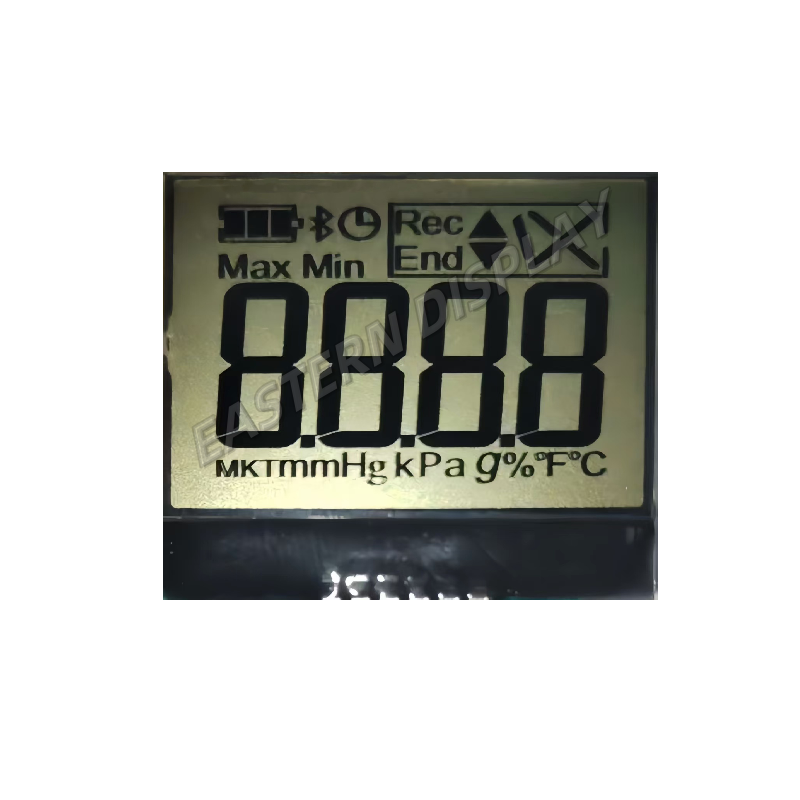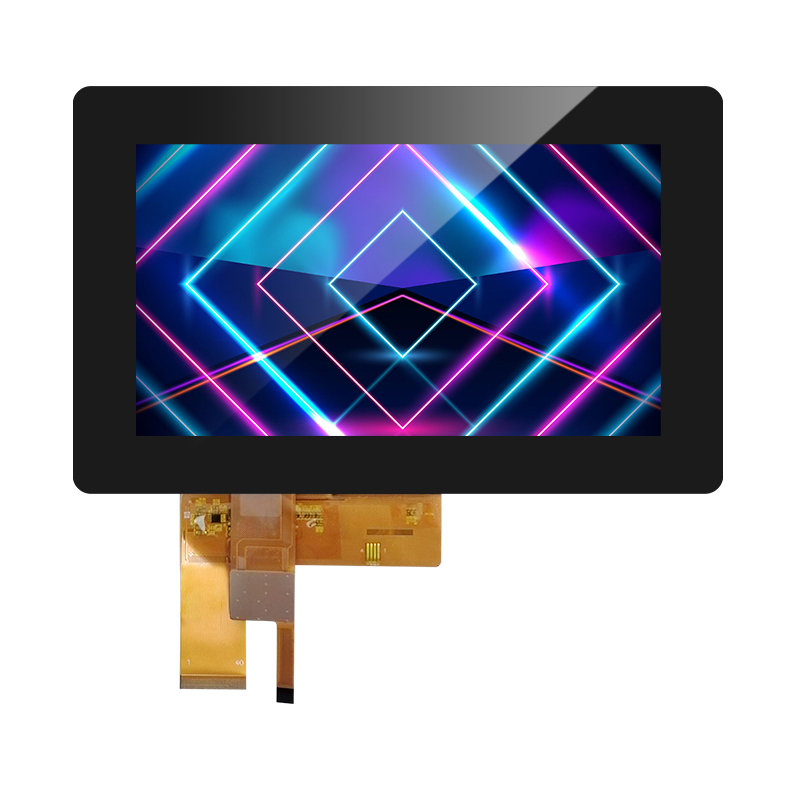
Choosing the right SPI TFT display can be a daunting task, given the vast array of options available. This guide simplifies the process by breaking down the essential features, specifications, and considerations to help you find the perfect display for your specific needs. Whether you're working on a small embedded project or a larger-scale application, understanding the nuances of these displays is key to successful implementation.
SPI (Serial Peripheral Interface) TFT displays are common in embedded systems and electronics projects. They offer a cost-effective and versatile solution for displaying information ranging from simple text and graphics to high-resolution images. The SPI interface simplifies communication with a microcontroller, reducing the complexity and pin count compared to other display interfaces like parallel interfaces. Key features that define an SPI TFT display include its resolution (measured in pixels), color depth (number of colors), size (measured diagonally in inches), and backlight type (e.g., LED).
Resolution determines the sharpness and clarity of the displayed image. Higher resolutions (e.g., 800x480) offer more detail but often require more processing power and memory. Color depth impacts the vibrancy and richness of colors; displays with higher color depth (e.g., 16-bit or 24-bit) produce smoother color gradients. You need to balance these features with your project’s requirements and available resources. A lower resolution display may be perfectly suitable for a simple data logger, while a higher resolution is needed for a complex graphical user interface.
The physical size of the display directly impacts its suitability for various applications. Smaller displays (e.g., 1.5) are ideal for wearables or handheld devices, while larger displays (e.g., 7) are better suited for industrial controllers or automotive dashboards. The backlight type influences the display's brightness, power consumption, and viewing angle. LED backlights are common and offer good brightness and efficiency. Consider your environment and lighting conditions when choosing a backlight type.
While we are focusing on SPI TFT displays, it's important to understand that the specific SPI controller used will also influence the performance and capabilities. Different controllers might offer varying degrees of flexibility and functionality, including features such as touch screen support. Always check the controller’s specifications to ensure compatibility with your microcontroller and software.
Power consumption is a crucial factor, particularly for battery-powered applications. Lower power consumption translates to longer battery life. Check the datasheet for typical power consumption figures and ensure it aligns with your power budget.
The best SPI TFT display for your project depends on your specific requirements. There isn't a single best option; the ideal choice always depends on your application.
| Display Model | Resolution | Color Depth | Size (Inches) | Backlight |
|---|---|---|---|---|
| Example Display A | 320x240 | 16-bit | 2.4 | LED |
| Example Display B | 800x480 | 24-bit | 7.0 | LED |
| Example Display C | 480x320 | 18-bit | 3.5 | LED |
Note: These are example models. Always check the latest specifications and availability from manufacturers.
Choosing the right SPI TFT display requires careful consideration of several factors. Start by defining the essential requirements for your application, such as resolution, size, and power consumption. Research different display options from reputable manufacturers and compare their specifications to ensure a suitable match. Consult datasheets for detailed technical information, and don't hesitate to reach out to manufacturers for support or clarification.
For a wide selection of high-quality LCD displays and TFT modules, consider exploring the offerings at Dalian Eastern Display Co., Ltd. They provide a diverse range of displays to meet diverse project needs.
Remember to always refer to the official datasheets and documentation from the manufacturer for the most accurate and up-to-date information on specific SPI TFT display models.



